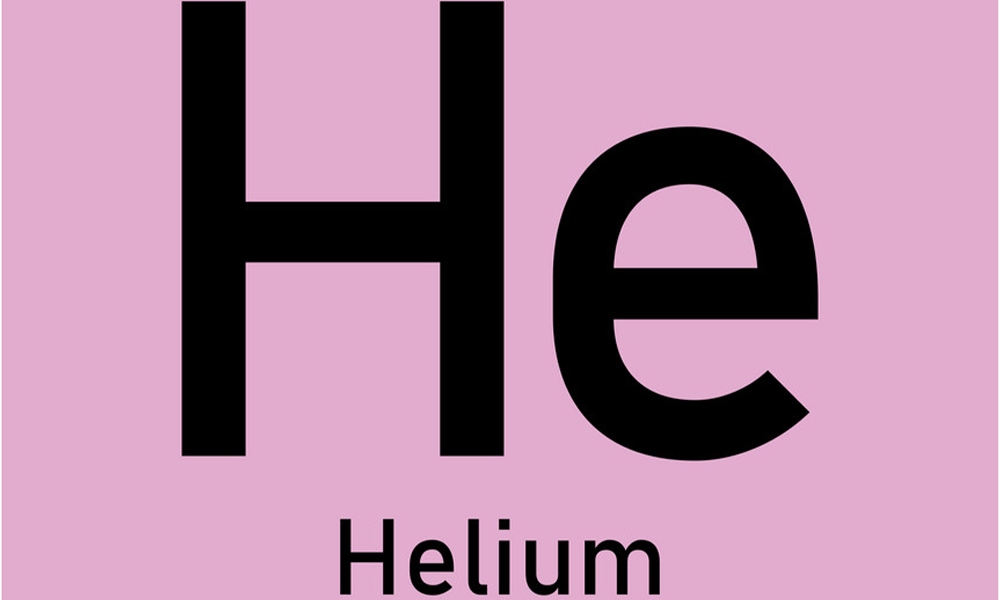
The Need for a Helium Replacement in Leak Detection
In the world of oil and gas, where precision and safety are paramount, the role of helium in leak detection has been nothing short of crucial. For professionals in the industry, helium has been the trustworthy partner ensuring the reliability of facilities and the safety of their operations. But with looming challenges surrounding helium, it’s becoming increasingly clear that the industry needs a change. Let’s explore the pressing need for a helium replacement in leak detection.
Helium’s Stellar Reputation
Helium’s reputation in the world of leak detection is well-founded. Its small atomic size allows it to easily pass through even the smallest of leaks, making it an excellent gas for detection. In addition, its non-reactive and non-flammable nature has added an extra layer of safety in its applications.
The Vanishing Reserves
Helium is a finite resource. Unlike some gases that can be manufactured or synthesized, helium is derived from the natural decay of radioactive elements deep within the Earth. Once extracted and used, it’s lost to the atmosphere, never to be reclaimed. As global reserves shrink, the availability of helium becomes a critical concern for industries reliant on it, including oil and gas.
Economic Ramifications
As supply dwindles and demand remains strong, the laws of economics dictate a surge in price. Over the recent years, the cost of helium has witnessed a sharp rise. For industry leaders, this escalating price isn’t just a line item on a budget sheet; it’s a sign of an unsustainable practice that needs addressing.
Global Implications
While the oil and gas industry heavily relies on helium for leak detection, its use spans across various sectors including healthcare, research, and technology. As each of these industries vies for their share, the stress on helium reserves intensifies, signaling a need for a broader solution beyond just one sector.
Reliability Concerns
Consistent quality and reliability are foundational in leak detection. With helium becoming scarcer, ensuring its purity and consistent availability becomes a challenge. For facilities that need routine checks and for new start-ups that are just coming online, this inconsistency can be a daunting risk.
The Ethical Perspective
At the heart of the matter is an ethical consideration. Helium, with its wide range of applications in fields such as medicine and scientific research, might be better preserved for more critical applications. By seeking a replacement in industries like oil and gas, there’s an opportunity to prioritize helium’s use where it might be most impactful.
In Conclusion
While helium’s contribution to leak detection in the oil and gas industry has been immense, the writing is on the wall. The challenges of depleting reserves, rising costs, and broader global implications underline a pressing need for change. As industry leaders navigate this transitional period, the focus remains clear: finding a way forward that ensures safety, efficiency, and sustainability.

